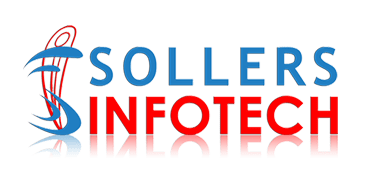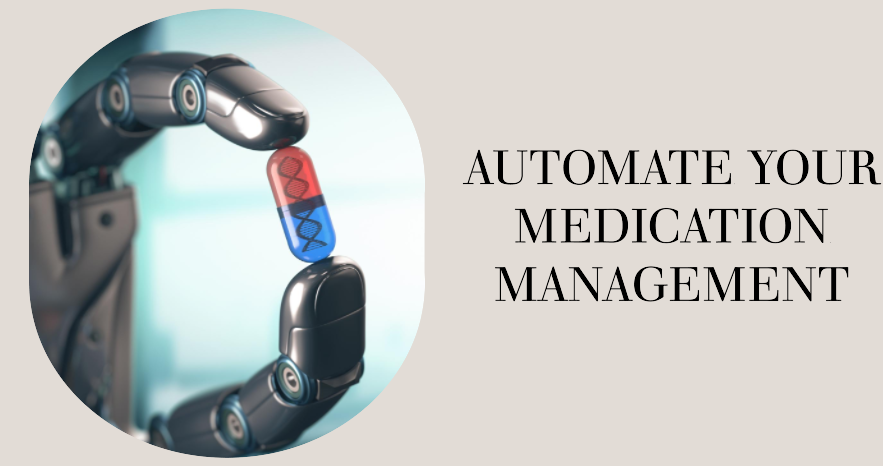Medication Management: How Automation Benefits Patients
Medication management is a critical aspect of healthcare, but it can be challenging for patients to juggle multiple medications and complex dosing schedules. Thankfully, automation is stepping in to provide much-needed support. In this article, we will explore how automation is improving medication management for patients and ultimately leading to better health outcomes.
- Medication Adherence
One of the primary ways automation helps patients with medication management is by promoting adherence. Automated systems, such as medication reminder apps and smart pill dispensers, ensure that patients take their medications as prescribed. These reminders can be customized to match a patient’s specific dosing schedule, reducing the risk of missed doses and improving overall adherence.
- Personalized Medication Schedules
Automation allows for the creation of personalized medication schedules. Healthcare providers can input a patient’s prescriptions and specific dosing instructions into automated systems. Patients then receive customized schedules and reminders based on their unique medication regimen. This tailored approach ensures that patients take the right medication at the right time, enhancing the effectiveness of treatment.
- Reduced Medication Errors
Medication errors can have serious consequences. Automation helps reduce the risk of errors by ensuring that patients receive the correct dosage of medication. Automated dispensing systems in pharmacies and healthcare facilities minimize the chances of human error in filling prescriptions. Moreover, electronic health records (EHRs) provide healthcare providers with accurate medication histories, further reducing the risk of drug interactions and errors.
- Medication Refill Management
Automation also simplifies the process of refilling medications. Patients can set up automated prescription renewal reminders, allowing them to reorder their medications before they run out. This prevents treatment interruptions and ensures that patients always have access to their necessary medications.
- Remote Monitoring and Support
Telehealth and remote monitoring have become integral parts of healthcare, especially in the wake of the COVID-19 pandemic. Automation plays a crucial role in these services, enabling healthcare providers to remotely monitor a patient’s medication adherence and vital signs. Patients can receive virtual support and guidance, reducing the need for frequent in-person visits and ensuring that their medication management remains on track.
- Medication Interaction Alerts
Automation systems can flag potential medication interactions, alerting healthcare providers and patients to potential risks. This proactive approach to medication management helps prevent adverse reactions and ensures that patients receive the safest and most effective treatment possible.
- Data-Driven Insights
Automation generates valuable data that can be used to track medication adherence and health outcomes. Healthcare providers can analyze this data to identify trends and make informed decisions about a patient’s treatment plan. Patients can also use this information to better understand their progress and make necessary adjustments.
Conclusion Automation is transforming medication management for patients in numerous ways. By promoting adherence, creating personalized schedules, reducing errors, simplifying refills, enabling remote monitoring, and providing data-driven insights, automation is empowering patients to take control of their health. Patients can now manage their medications more effectively and safely, leading to improved health outcomes and a better quality of life. Automation isn’t just making medication management easier; it’s making it smarter and more patient-centric.




